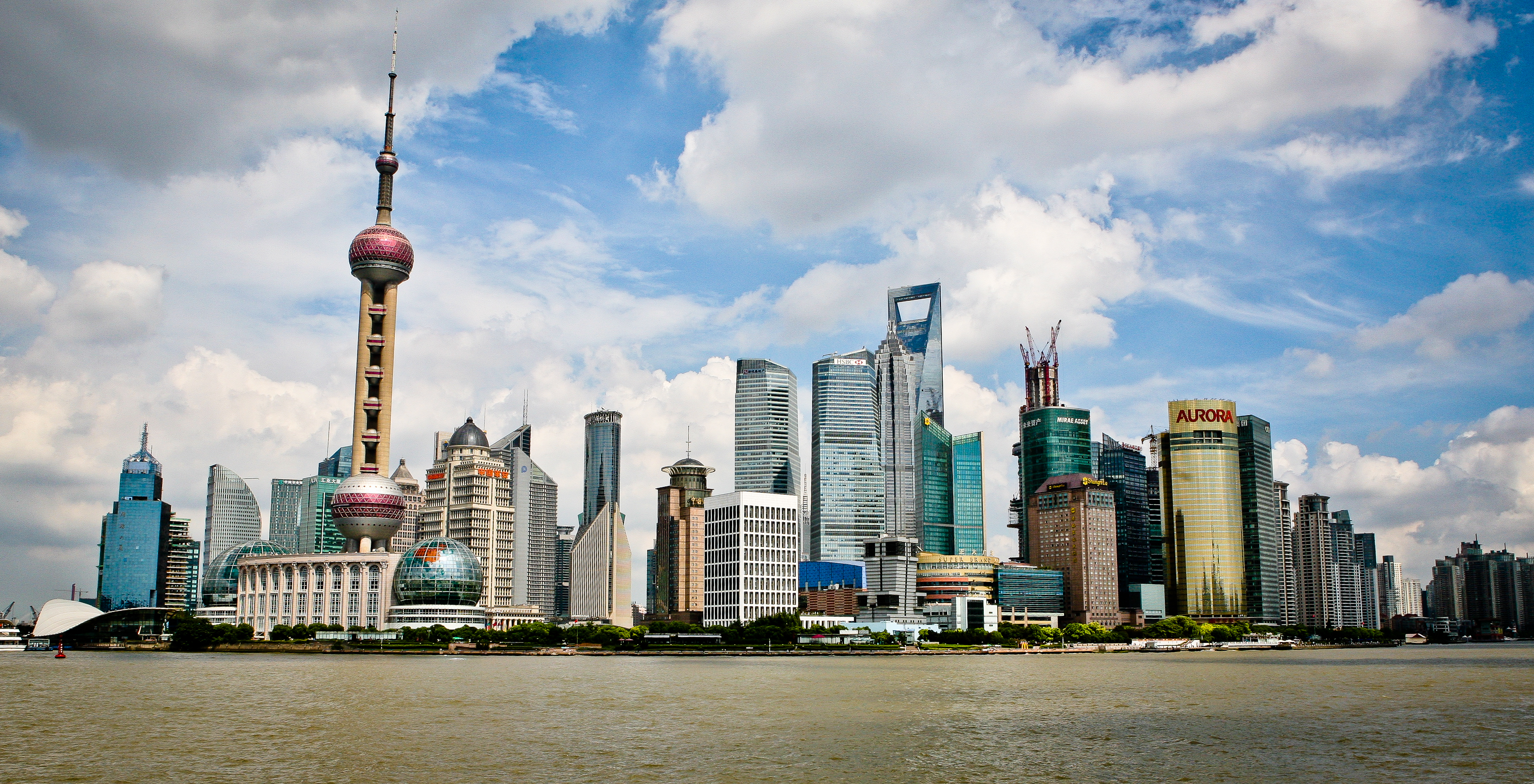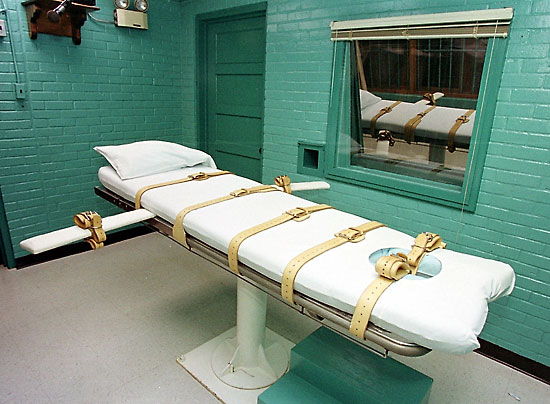Amid the protests in Tehran following the wrongful death of Mahsa Amini, NATO member states have denounced Iran’s actions as an affront to democratic values. Given the geopolitical complexity of the Middle East, NATO has been reluctant to act in the past, making the recent condemnation of its members a step in the right direction. As instability rises in the region, the world is watching the Iranian people fight for their rights to be observed and protected while the country simultaneously ramps up its nuclear proficiency.
Thousands of people have taken to the streets in protest in Tehran and across the world since September 16, 2022, when a young Kurdish Iranian woman, Mahsa Amini, was taken into custody by Iran’s morality police for violating the country’s hijab law, that requires all women wear a hijab in public regardless of their faith. Amini’s death has inspired massive protests, leading Iran to criminally charge more than 1,000 people in Tehran for their alleged involvement, with some protesters even facing the death sentence. These actions are an affront to democratic values held by NATO member states.
It is therefore unsurprising that many NATO member states have promptly responded to the situation in Iran. The US, Britain, Canada, and the EU imposed sanctions on some of the most senior officials in Iran’s morality police for their violent response to the protests. French President Emmanuel Macron similarly condemned the actions made against protesters by the Iranian regime, and expressed his solidarity with the women of Iran. Following the G7 foreign ministers’ meeting in Germany in early November 2022, leaders gave a joint statement on the situation in Iran, expressing their support for the people of Iran and calling out the violent use of force used against protesters. G7 leaders reminded Iran of their commitment to a number of United Nations international treaties. They specifically urged Iran to provide equal treatment to both men and women and to respect Iranians’ right to protest and assemble peacefully.
While the actions of NATO members have presented a united front for the upholding of democratic values, the tension between NATO members and Iran continues to rise, as Iran has since blamed the West for instigating the recent protests. Supreme Leader Ayatollah Ali Khamennei accused the US, as well as “sly, vicious European powers,” of using social media to wage a “hybrid war” on Iran by encouraging and aligning with protesters online. This recent chain of events has escalated pre-existing tensions between democratic states and Iran, and may have made NATO’s goal of creating a security environment for the world without nuclear weapons, further from reach.
The recent events in Iran have outlined how the Iranian theocracy fundamentally contradicts NATO’s core interests and values in which it was found upon. In general, Iran has praticed the systemic use of torture and executions and poses a threat to freedom of speech, freedom of religion, and more generally the adherence to the principles of peaceful coexistence in the international system. In addition, Iran’s emerging nuclear capability continues to endanger international security, making its regime a security threat to both its citizens and NATO member states. As the protests continue and Iran’s nuclear program continues to rise, what exactly could NATO or its members do to contain Iran?
Relations between individual NATO member states and Iran are crucial in determining the future of Iran’s nuclear proliferation. Severed relationships between the US and Iran have had lasting impacts on the Joint Comprehensive Plan of Action (JCPOA) deal, though perhaps it’s time to consider its revival. The JCPOA is a nuclear agreement signed in 2015 between Iran and the P5+1 that placed significant restrictions on Iran’s nuclear program in exchange for sanction relief. President Trump withdrew from the deal in 2018 and since then, talks about reviving the deal have been stalled and Iran has ramped up uranium enrichment. In the absence of the JCPOA deal, a nuclear-armed Iran would mean that for the first time in NATO history, two independent nuclear-armed countries would be on its immediate territorial borders. A nuclear-armed Iran would also have lasting consequences for key NATO roles and missions, including Allied naval forces in the Mediterranean or around the Horn of Africa. Ultimately, it is in NATO’s best interest to slow down Iran’s nuclear program, but right now, it may not even be feasible.
Reviving the JCPOA deal would mean giving Iran access to its frozen assets or in otherwords, “throwing it an economic lifeline”. Right now, Iran will be able to sell its oil in a market with inflated prices and increase its financial capability. Reviving the JCPOA deal at this moment may not be well-timed, as Iran continues to support the Russian invasion of Ukraine and continues to crack down on protesters. To add, while JCPOA can reverse Iran’s exceeded limits specified in the accord, at this point, the knowledge Iran has gained from producing and operating their machinery cannot be erased.
Since the protests began, many NATO member states have voiced their unwavering support for protesters in Iran. Many protesters have stated that the most important thing they need is safety and the space to protest, making NATO’s options here quite limited. However, there are options around the JCPOA deal to limit Iran’s advancing nuclear capability and to ensure a “safer world for all”. As the JCPOA deal remains in a deadlock, it remains unclear what the future will hold for NATO and a nuclear proficient Iran.
Photo: Iran protest – Santa Monica, CA – October 08, 2022(2022) by Craig Melville via Unsplash. Licensed under Unsplash.
Disclaimer: Any views or opinions expressed in articles are solely those of the authors and do not necessarily represent the views of the NATO Association of Canada.




